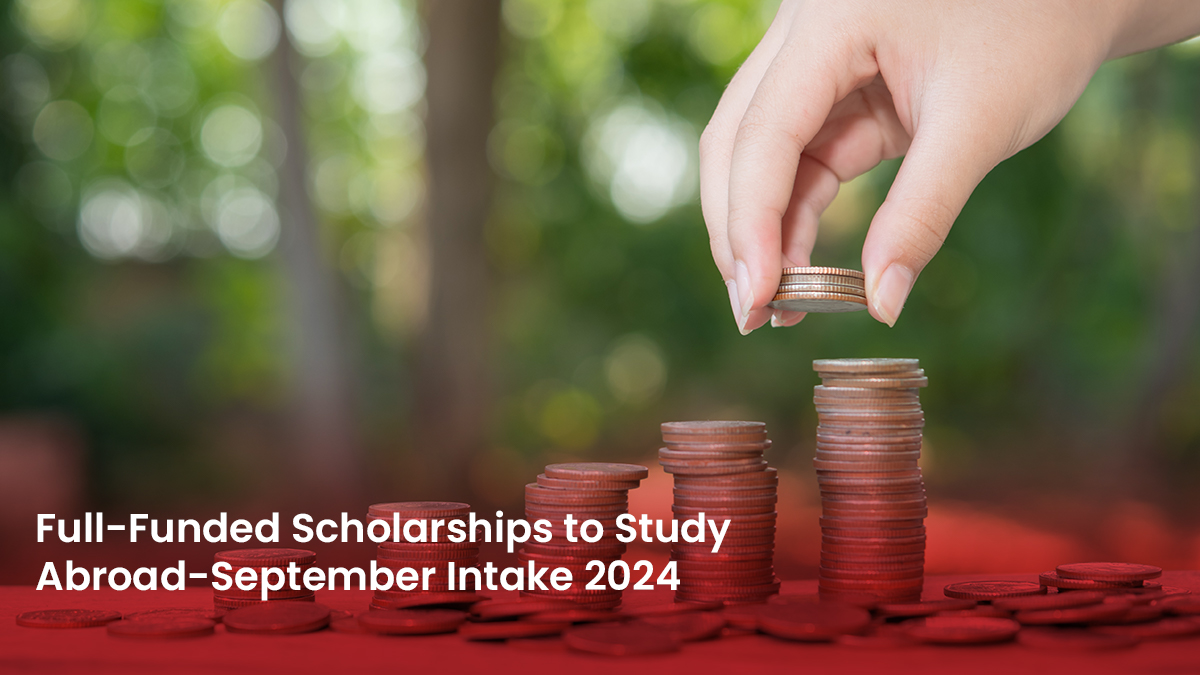As essential workers, a number of flight attendants are now returning to the skies, with new challenges to face.
Health hazards
In an interview with NPR in May 2020, Minneapolis-based flight attendant Lynn Chute shared her rollercoaster experience of being exposed to COVID-19 as a flight attendant, then being laid off, and being recalled to work later.
“I had an experience with COVID on my aircraft. I was working. And three days later, I got a phone call from my in-flight supervisor letting me know that I had a positive exposure to COVID. And once I got off that phone, I was directed to call a medical care group for the airline to open up a medical case to follow my path and trajectory,” she narrated.
Still, Chute said she was excited to be able to work again. “I do have a lot of apprehension about going back to work with the amount of people that I will be exposed to. When I took my position, I thought that I was safe. I’ve come to realize nothing is safe, and you should always have a plan B, C or D in your back pocket,” she said.
Brenda Orelus, founder of aviation social club startup Krew Konnect and an active flight attendant, said that even flight attendants should adhere to the 6-foot distancing guidelines and be as socially distanced as possible on an aircraft.
New protocols
Flight attendants going back to work will have to adapt to new safety procedures in service. These include making sure that fliers are wearing protective gear and carrying sanitizing equipment. Of course, the crew should also make sure there is extra space between passengers at all points during the flight.
Aviation has made great strides to respond to the crisis. When Delta Air Lines resumed international flights in August 2020, the company blocked middle seats, which it plans to cover through the key holiday season to prevent transmission of the virus.
Another carrier, Turkish Airlines, created a team of “hygiene experts,” who will serve as health inspectors to enforce all on-board hygiene and social distancing measures for the healthy travel of passengers.
Luxuries for fliers on hold
Flight attendants also have to adapt to safe ways of serving meals. In international business-class flights, for example, most of the lavish meals are now served grab-and-go style and are pre-boxed.
In a number of carriers, the crew is prohibited from distributing amenities like hot towels and alcohol to reduce the risk of transmitting the virus.
As flight attendants, they also have to make the fliers understand that cutting these services is for everyone’s safety.
Safety over beauty standards
Whereas some airline brands thrive on marketing their flight attendants as objects of youth and beauty, aesthetics have taken a back seat during the pandemic. Carriers Qatar Airways and Emirates mandated their crew to don head-to-toe protective gear, instead of their stylish uniforms. The silver lining in all of this, Orelus said, is that passengers are seeing flight attendants now as safety professionals.
Being a flight attendant is not an easy task, especially in turbulent times. MSM Unify provides helpful stories and articles about education and careers amid the COVID-19 pandemic. Check them out.















































